Annual Report 2022/23

MENTOR is happy to introduce our 2022/23 Annual Report, featuring stories from a year of programmes delivered across nine counties by our dedicated and committed team. In the report we meet some of the team who work in complex settings to prevent diseases, protect people, and improve access to healthcare in places with the highest […]
How malaria surveillance is maintaining low transmission rates in Angola

There is a serious risk of low malaria transmission in southern Angola reverting back to previous high rates if progress made in case management and surveillance is not maintained. A reduction in activities also puts malaria elimination efforts in neighbouring countries at risk. MENTOR began supporting National Malaria Control Programme (NMCP) and local governments in […]
World Mosquito Day
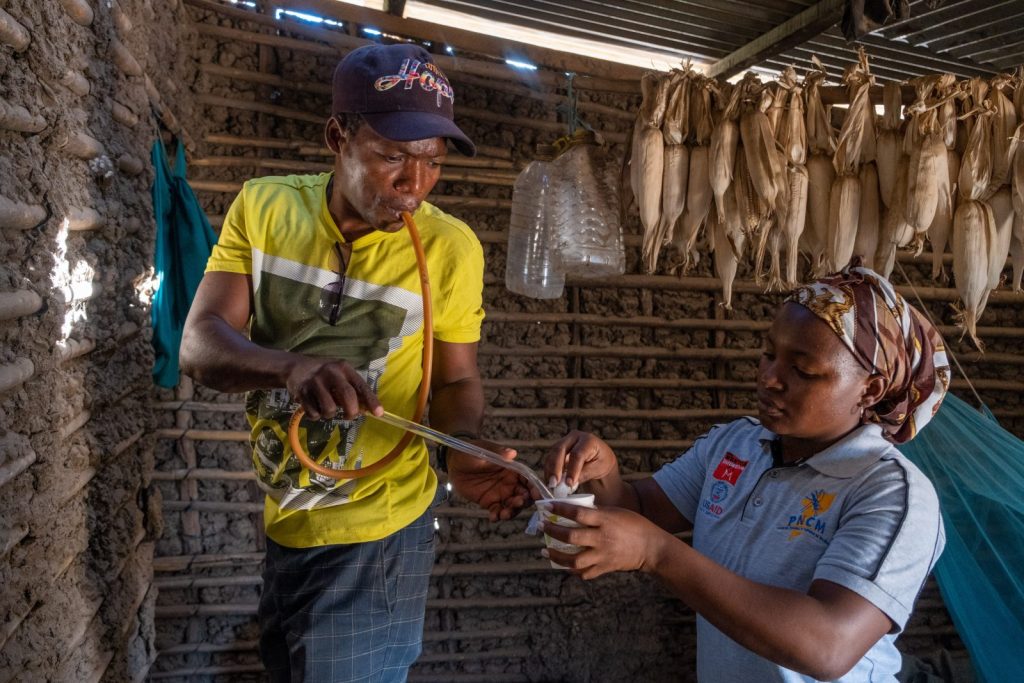
“The entomological monitoring of mosquito behaviour is critical to reduce deaths and suffering from the diseases they transmit,” says Mohammad Kamal, MENTOR Research Coordinator in Yemen speaking on World Mosquito Day (20 August).“Regular surveillance of the world’s deadliest animal, which spread diseases such as malaria and dengue, ensure MENTOR programmes make the most impact and […]
Refresher training for community health workers in northern Mozambique

The MENTOR team in Mozambique has been delivering refresher training to health teams and technicians over the past few weeks, in partnership with the Provincial Health Directorate in Cabo Delgado Province. The APS refresher training and the subsequent technical support they will receive is essential to improve access to quality health care for people in […]
NTD prevention in South Sudan
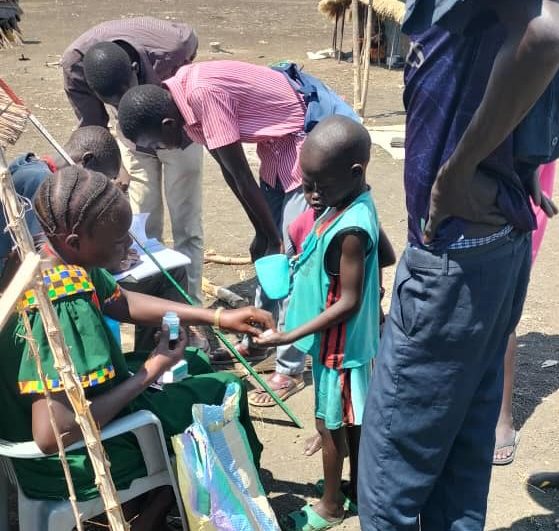
A mass drug administration (MDA) campaign targeting onchocerciasis (also known as ‘river blindness’) and lymphatic filariasis began in South Sudan earlier this month. These two Neglected Tropical Diseases (NTDs) are among the five endemic NTDs that respond to Preventive Chemotherapy (PC-NTDs). MENTOR and the NTD Department of the South Sudanese Ministry of Health are delivering […]
Malaria behaviour study in Angola
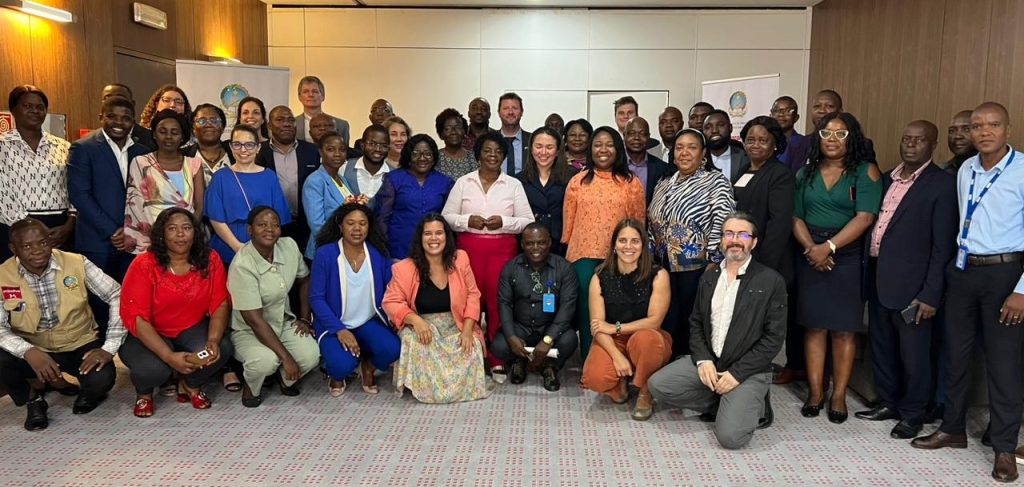
The National Malaria Control Program (NMCP) of Angola and Breakthrough ACTION project led a meeting recently to discuss the initial results from a Malaria Behaviour Survey conducted in three provinces between March and April 2023. The survey aims to understand the behaviours and perceptions of the general population towards malaria prevention, treatment, risks, and consequences. […]
Dengue control in Venezuela
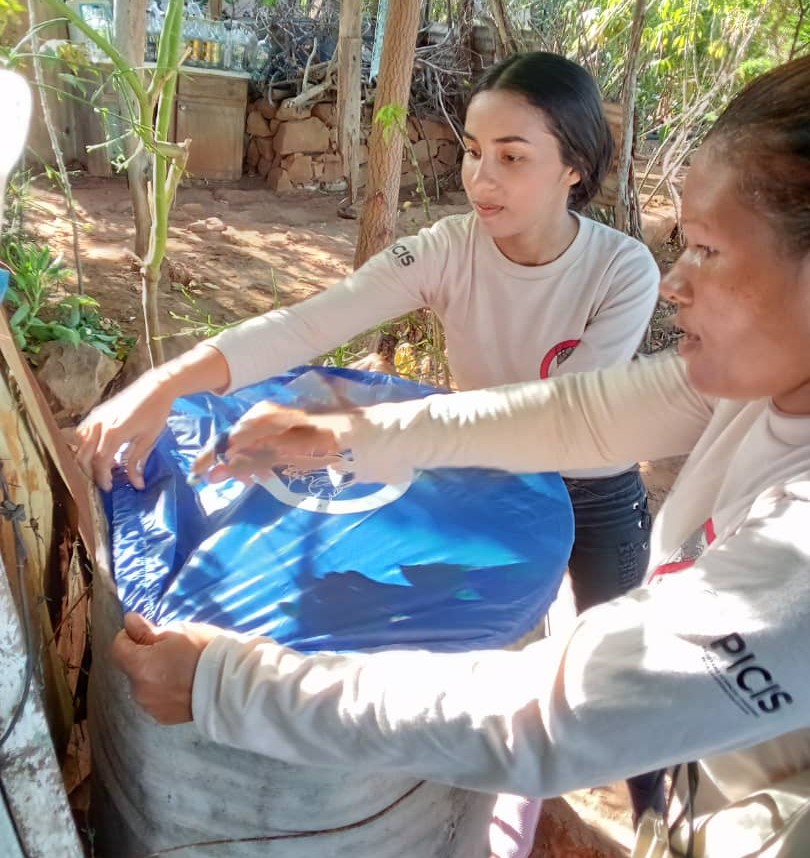
Poor sanitary conditions caused by the ongoing economic and political crisis in Venezuela have exacerbated the rapid spread of dengue fever in urban settings. This puts many people at risk from this dangerous arboviral disease, which infects an estimated 100-400 million people every year (source: WHO). The Aedes mosquito that transmits dengue breeds easily in […]
New study of spatial repellent in Borno State, Nigeria
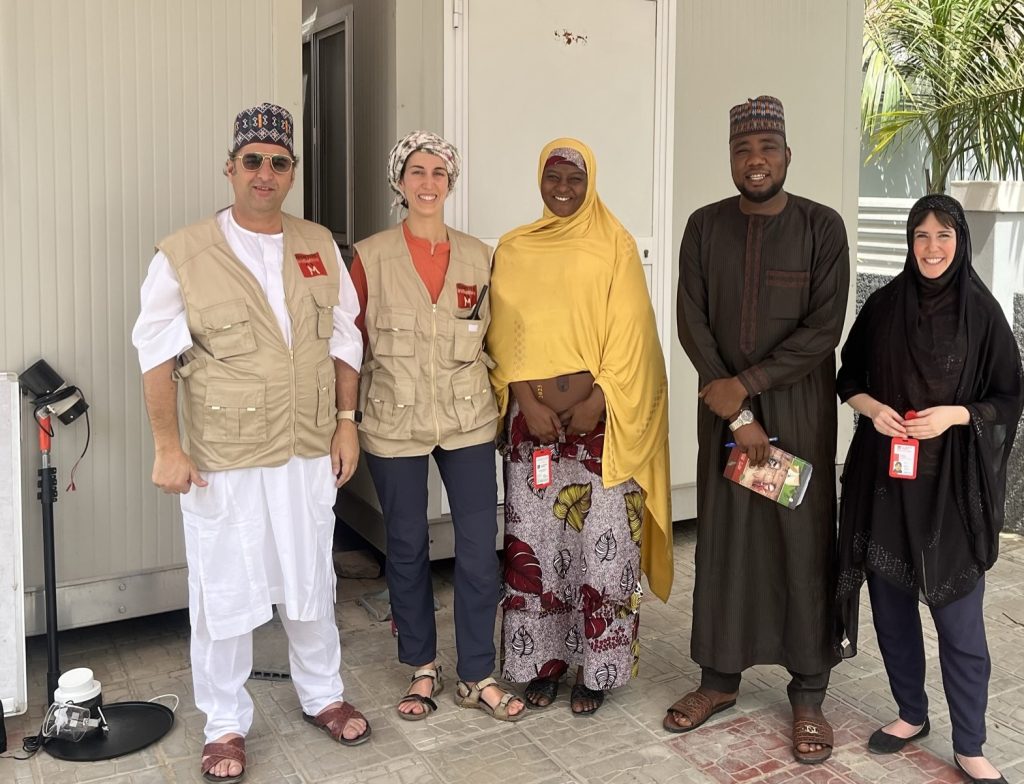
MENTOR’s operational research team recently met with leaders of internally displaced persons (IDP) camps in Borno State, Nigeria, in preparation for the upcoming study of novel spatial repellent ‘Mesh’. Joined by officers from the Ministry of Health, the team are engaging closely with community leaders and relevant local authorities at this first stage, to secure […]
Community-based healthcare for crisis-affected communities in Central African Republic
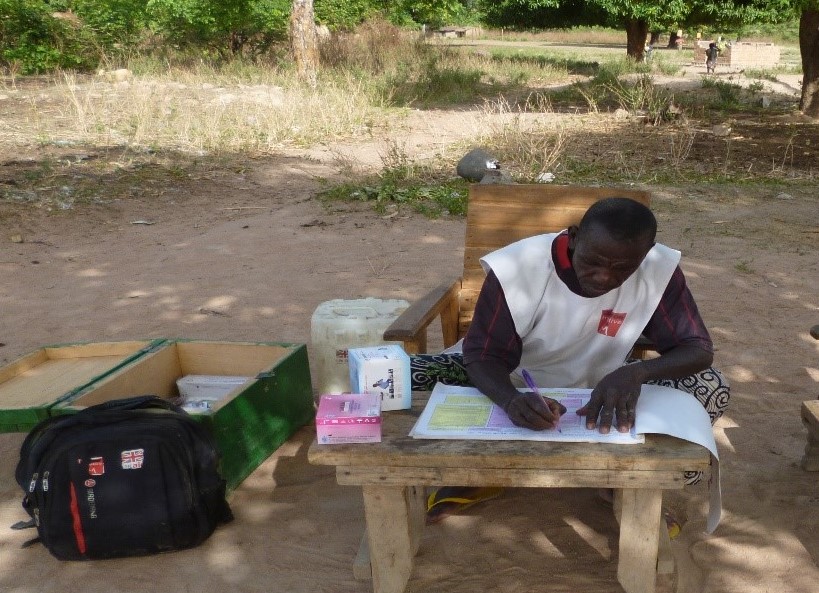
A network of community health workers (CHWs) is responding to the humanitarian crisis in Central African Republic by delivering critical primary healthcare to vulnerable communities affected by ongoing conflict in the country. Since 2008, this network of 450 CHWs has allowed The MENTOR Initiative to navigate violence and insecurity to reach communities in fragile areas […]
Entomology and malaria control in a humanitarian crisis
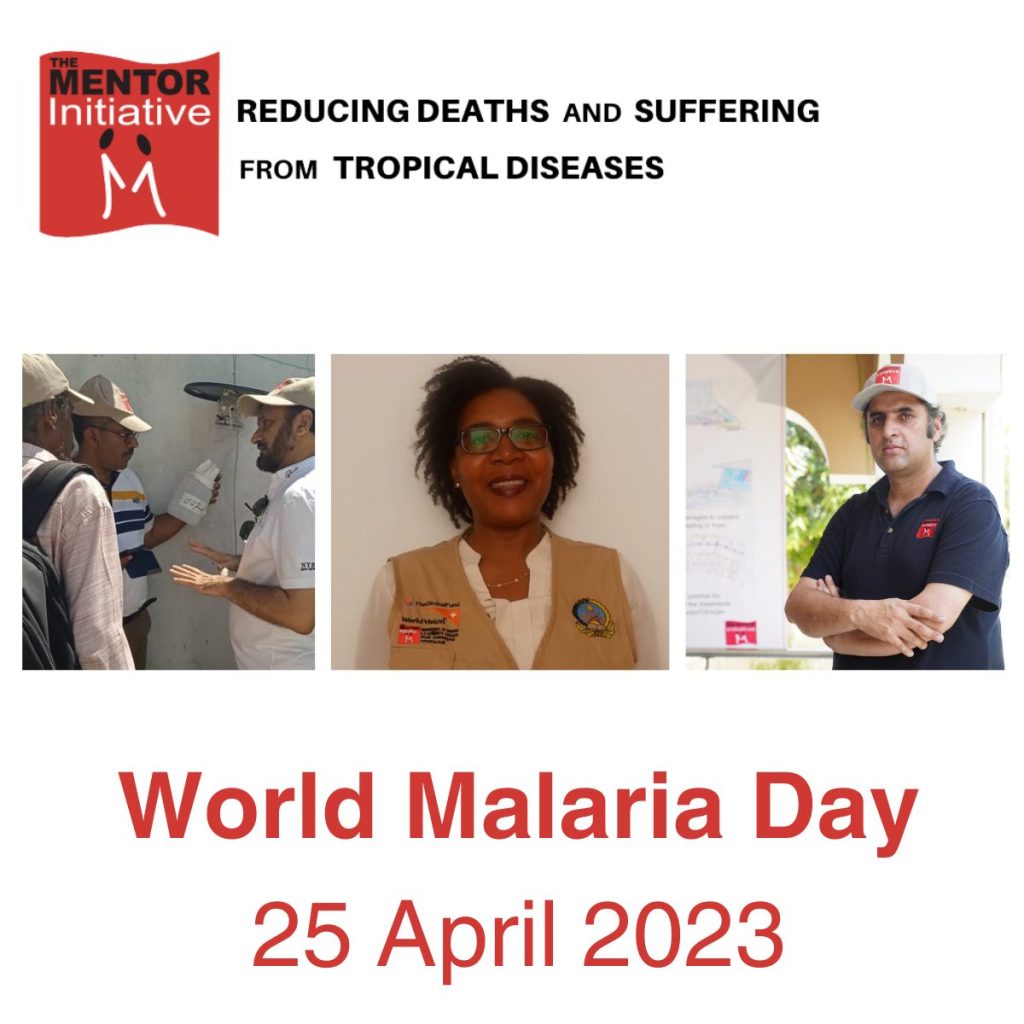
The entomological study, surveillance and understanding of the mosquito vector is integral to delivering a robust, evidence-based malaria control programme. MENTOR teams carry out this work in a variety of environments, including challenging, conflict-affected settings. They also run large-scale trials on new vector control tools. The results all contribute to a body of evidence that […]
